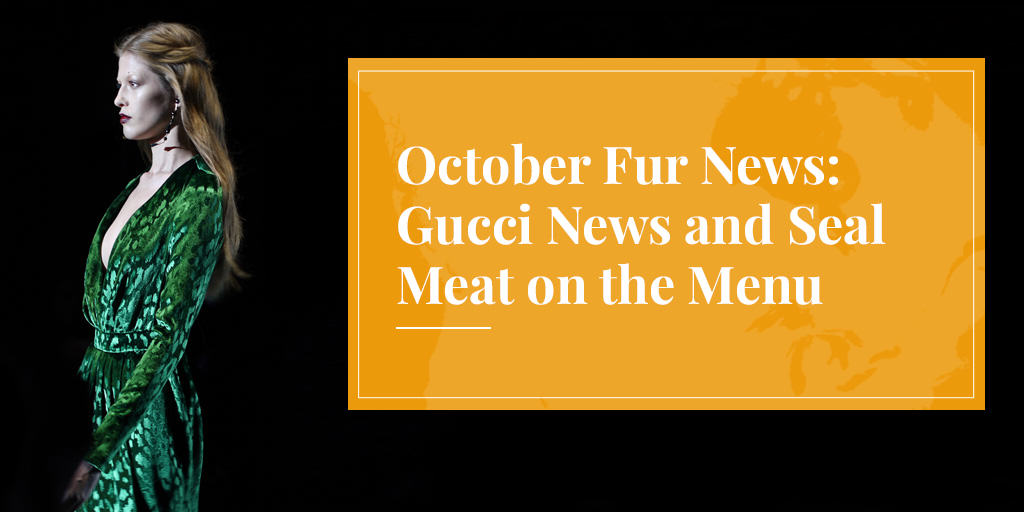
One of the most talked-about fur stories last month was the Gucci news that the brand would be dropping fur. It was surprising because Gucci has had great success selling fur (remember its kangaroo fur loafers?), but the fur industry has shrugged it off as sales are currently “strong and robust”. Still, people are perplexed at the key reason Gucci gave for its decision: “sustainability”. In Gucci’s alternative universe, fake fur made from petroleum that pollutes the environment and doesn’t biodegrade is more “sustainable” than the renewable, biodegradable resource that is real fur.
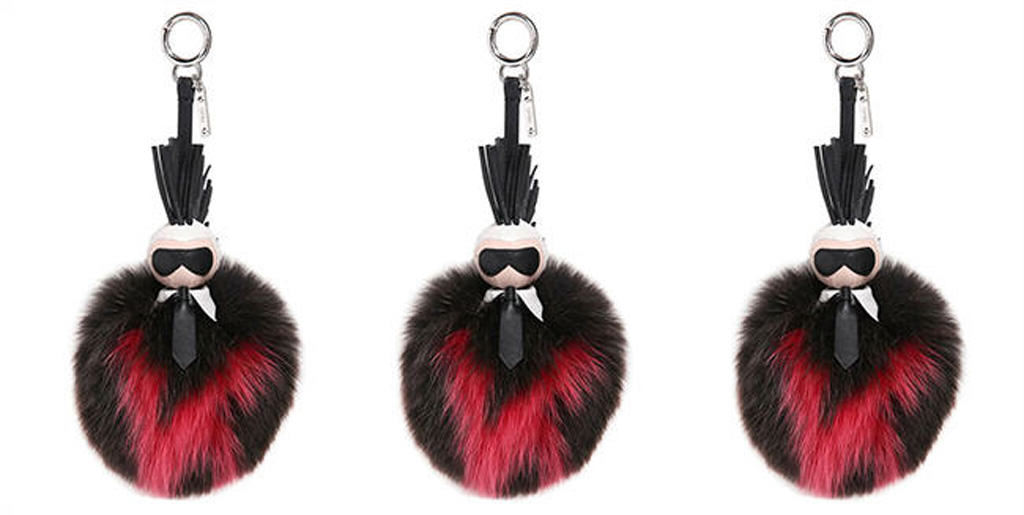
Here are some of the articles covering the perplexing Gucci news: the International Fur Federation asks why Gucci wants to choke the world with plastic, the Globe and Mail looked into the potential impact on Canadian trappers, and Truth About Fur dissected Gucci’s “bizarre” interpretation of sustainability.
And while Gucci claims that millennials, who account for almost half its market, are against fur, this Business of Fashion article (above) talks about how this generation may actually be the one to boost the fur trade. If you want to delve into this further, Truth About Fur has a new blog post adding clarity to the relationship between fashion and the fur trade.
Seal on the Menu
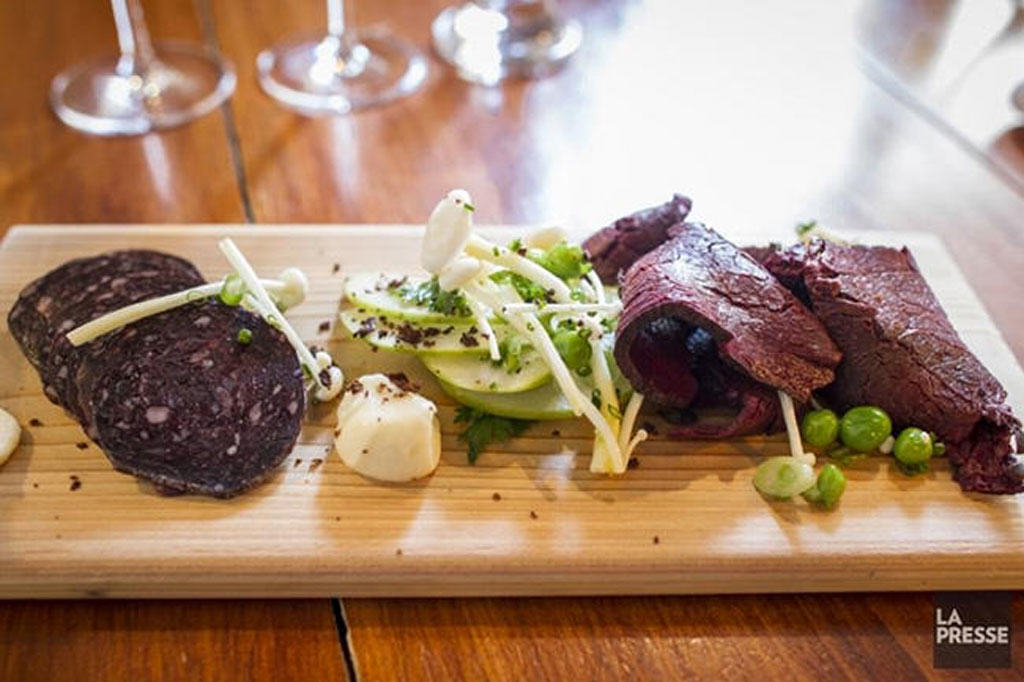
Just as illogical as Gucci’s reason for dropping fur has been activists’ campaigns against the growing number of restaurants serving seal meat. Their latest target is the indigenous restaurant Kukum Kitchen in Toronto (above). The people of Toronto like eating meat as much as anyone, and no one bats an eyelid at steakhouses or burger joints. But put seal on the menu, and the activists go into meltdown.
Or maybe it’s just that general anti-meat protests are hard to take seriously, like this one of PETAphiles dressing up like scary clowns.
Meanwhile there’s been the usual steady flow of news articles discrediting activist campaigns, like this one talking about PETA’s kill rates, and this one debunking the idea that sheep can live without being sheared. If you have a business that is at risk of getting targeted by activists, check out Truth About Fur’s guide to dealing with protesters, in person and on-line.
Wild Fur News
In the world of trapping and wild fur, a big Canadian story is the Royal Canadian Mounted Police’s demand for 4,470 muskrat hats (below). Alan Herscovici, part of our team here at Truth About Fur, discussed the issues surrounding this story on the radio.

Wild animals are causing problems in several areas. Coyotes in the Yakima Valley need to be controlled, as do the deer on Staten Island. (Surprise, surprise, the deer vasectomy program didn’t work.) Rather than spend money trying to sterilise these animals or find other strange ways to control the populations, we like the idea of starting a state-controlled company that sells the fur from pest and nuisance animals.
Interested in getting involved in conservation? Let’s end this month’s roundup with this great article on how we can all get involved in protecting our environment, and some nice animals on camera. Our favourite live cam right now is the the bison cam, which is following a herd of bison in Saskatchewan.
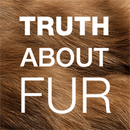
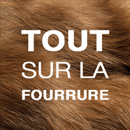









Deer vasectomy? Deer are polygynous, so unless they vasectomized nearly every deer in the population, that strategy is guaranteed to fail.
The ‘deer vasectomy’ program must have been thought up by some imbecile who never heard of venison. Sheesh!